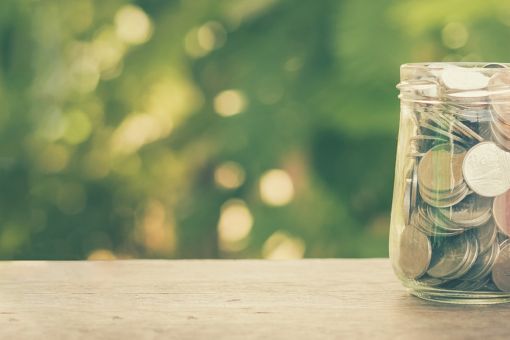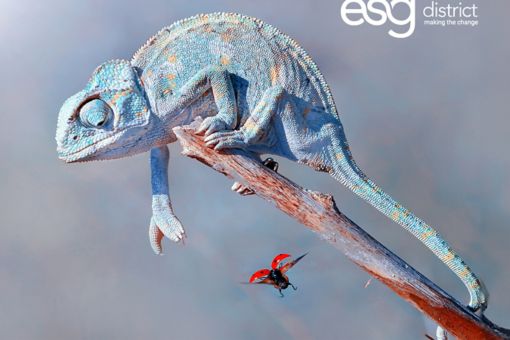Those looking to pursue sustainability initiatives, can get financial support from the government in various ways. Matthias Marescaux of KPMG in Belgium and Kris Buysens of Amcor share their insights on how this works.
While every entrepreneur claims to prioritize sustainability, Matthias Marescaux believes that only a few actually go on to make tangible sustainable investments. As Director of Grants & Incentives at KPMG in Belgium, he assists companies in securing financing for innovative projects. “Currently, there are limited obligations in terms of sustainability, making investments largely dependent on the company's ambitions. The question is not how much sustainability costs, but what your company’s legacy should be,” he says.
“Innovation used to be straightforward,” he says. “There was a problem, and a solution was sought. Now it's more complex and you have to compare solutions. What has the least impact on the environment? Which solution makes our work more enjoyable? How can we make our ambitions measurable? Moreover, a shift is taking place: consumers and suppliers are increasingly ignoring companies that do not embrace sustainability.”
European innovation center in Ghent
To assess whether companies qualify for subsidies, Marescaux examines how innovations can help them become more sustainable. “Initially, we look at the idea. Is there enough innovation, or is it primarily about implementation? In both cases, there are specific tools available. We also consider the company's team and financial strength. It's crucial to have a clear understanding of your situation. Companies needing to purchase materials can take out loans for this purpose. In our neighboring countries, banks already provide favorable loans to companies seeking to adopt environmentally friendly practices; otherwise, a green initiative is often a prerequisite for obtaining a loan. Lastly, we evaluate the market potential of the business case – what will it yield for the company on the one hand, and on the other hand, for the relevant region, such as Flanders or Wallonia? Based on this, we can create a roadmap and explore the available financial support instruments for the innovation.”
One of the companies assisted by KPMG is Amcor, a global leader in the development and production of responsible and sustainable packaging. Kris Buysens is responsible for the operational aspect of R&D at Amcor. “In 2018, Amcor committed to designing all its packaging to be recyclable or reusable by 2025, and to incorporate more recycled material. This target is set five years earlier than what future EU regulations are likely to require, but the transformation is also driven by the demands of our customers.”
That quest involves a great deal of innovation and investment. “In recent years, we've acquired numerous new lab equipment and pilot machines to facilitate this transformation. We are also investing in our people. In Europe, we have 200 R&D employees, of which 50 are based in Ghent. There, we are establishing our European innovation center, representing an investment of 24 million euros.”
Always the next step
Amcor was eligible for a combination of subsidies, according to Marescaux. “In addition to support for research and development projects, they could count on subsidies for the implementation of energy-saving technologies. About 40 technologies qualify for this, and that list changes every three months. Such mapping is always a snapshot, which is why it's important to meet frequently. Innovation is an ongoing process: you always aim to take the next step.”
Buysens adds: “It's crucial for a company to establish a clear strategic goal, providing a roadmap for where you want to go and within what timeframe. Understanding your customers' needs is instrumental in defining that direction. It requires focus, but without blinders. While one R&D team focuses on what our customers are looking for, another group engages in technology scouting. Our strength lies in the synergy between these two approaches.”
Client Spotlight
Explore
Connect with us
- Find office locations kpmg.findOfficeLocations
- kpmg.emailUs
- Social media @ KPMG kpmg.socialMedia




